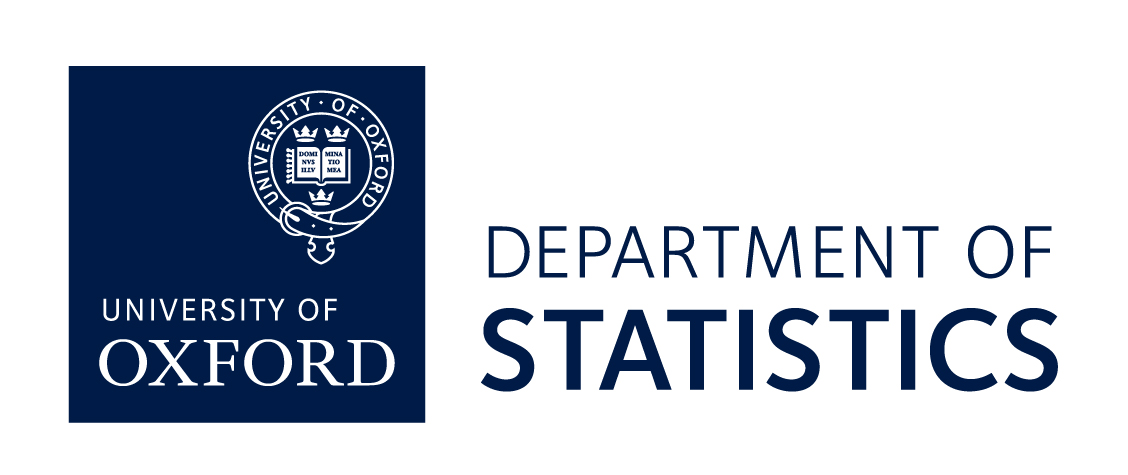Breadcrumb
The Green Lecture
Please register your place here.
Title: Environmental consequences of an ascendant aerospace sector
Abstract: The aerospace sector provides unique and irreplaceable services but produces outsized environmental impacts which extend far beyond the carbon released by burning jet fuel. As the industry continues to grow exponentially, a robust and nuanced understanding of its full climate and air quality footprint is essential. This lecture will explore the challenging methodological problems inherent in quantifying these impacts, what we can do to improve our understanding, and possible near-term strategies to achieve clean aviation.
Through a combination of atmospheric simulation and analysis of observational data, we will delve into four specific areas: using deep learning to enable automated detection of condensation trails (contrails); the challenge of predicting and addressing contrail climate impacts; the global air quality burden of cruise-altitude emissions; and the nascent field of launch vehicle emissions. These are not just scientific challenges, but opportunities for rigorous analysis to advance our understanding of the sector's overall environmental footprint.
This talk will also discuss how these insights can be leveraged to inform individual choices, empowering people to reduce their personal environmental footprints, while also highlighting the coordinated actions required to drive meaningful change across the entire sector. The goal is to show that while this is a profoundly challenging problem, it is one where scientific rigor and innovation are making real progress.
Bio: Sebastian Eastham is the Associate Professor of Sustainable Aviation at Imperial College London, and a member of the Brahmal Vasudevan Institute for Sustainable Aviation. His research focuses on developing and applying quantitative models to better understand the environmental effects of the aerospace sector and to evaluate strategies for a more sustainable future. With a background in atmospheric science and engineering, his work provides insights into the complexities of the sector's total environmental footprint, going beyond simple carbon emissions to include factors such as contrails and nitrogen oxides. Prior to joining Imperial in 2024 he was Principal Research Scientist in MIT's Center for Global Change Science, and Associate Director of the MIT Laboratory for Aviation and the Environment.



